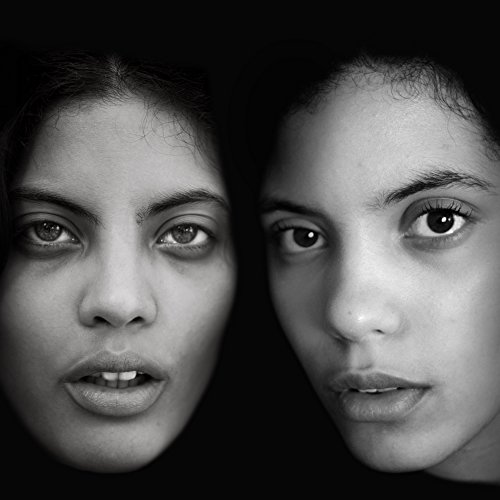A Seat at the Table
Appliances
Arts, Crafts & Sewing
Automotive
Baby
Beauty
Books
CDs & Vinyl
Collectibles & Fine Arts
Cell Phones & Accessories
Clothing, Shoes & Jewellery
Computers
Electronics
Health & Personal Care
Home & Kitchen
Industrial & Scientific
Luggage & Travel Gear
Musical Instruments
Office Products
Patio, Lawn & Garden
Pet Supplies
Software
Sports & Outdoors
Tools & Home Improvement
Toys
Video Games











![Sound & Color [Clear Vinyl 2 X LP (Standard Weight) - Gatefold -includes download card]](https://m.media-amazon.com/images/I/41Apgv5BFmL._SL160_.jpg)




